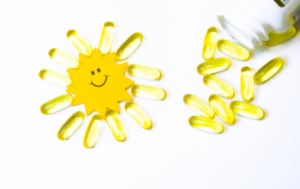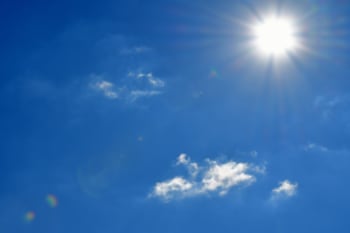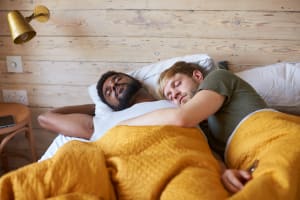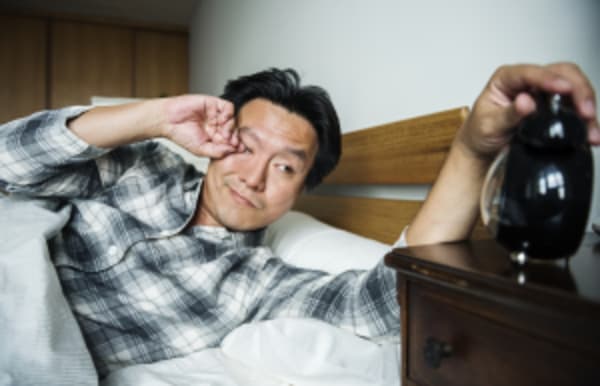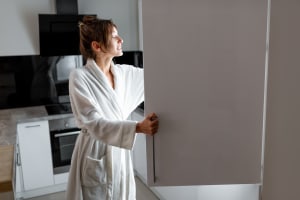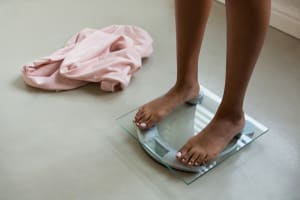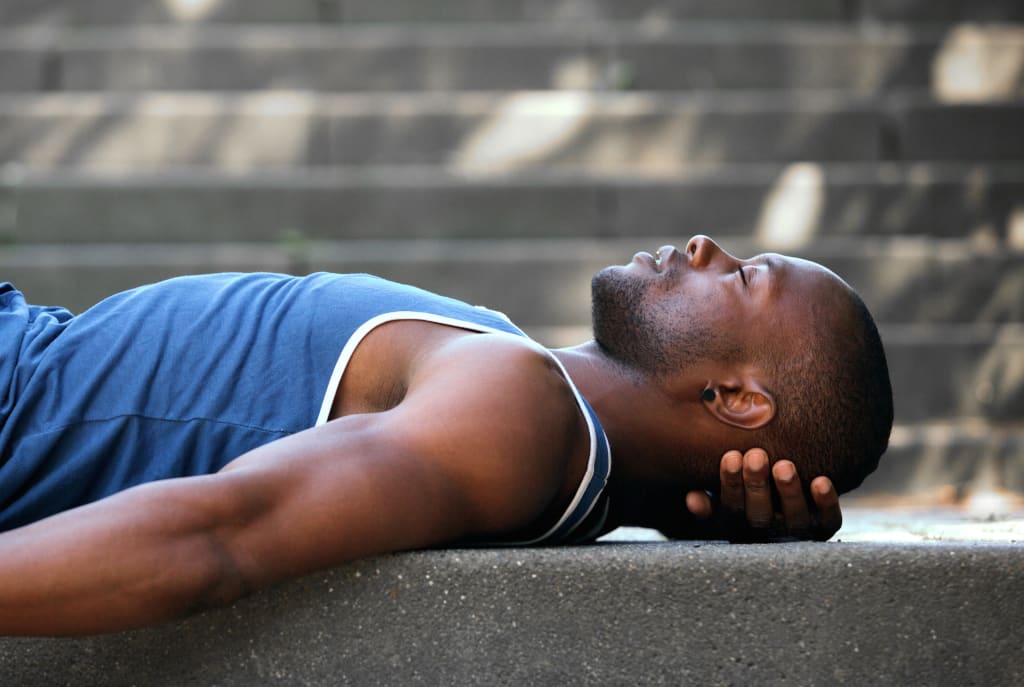After a long hike, a day at the beach, or a playing physically demanding sport, one thing is for certain: you sleep like a rock. But there is more to that than simply feeling exhausted after physical exertion. In fact, it is well known that regular exercise can improve sleep quality and duration, as well as the symptoms of some conditions that cause sleep disorders.
The good news for most people who aren’t professional athletes or bodybuilders is that even moderate exercise can help improve sleep. Medical professionals recommend that people exercise for at least thirty minutes a day for a number of health reasons, and sleep is very important to them. Still, creating an exercise routine can be overwhelming, even for people who are used to exercising regularly.
Someone making a workout plan for the first time, or looking to mix up their current routine might wonder: what are the best exercises to do to get quality sleep? Like we said before, you don’t have to be Dwayne Johnson to improve your sleep with exercise.
How Exercise Improves Sleep

There is ample evidence to support the theory that exercise promotes better sleep. In fact, scientists have been studying the interaction for more than 20 years. The strong evidence for the strength of the relationship between sleep and exercise has attracted researchers because it opens the door to simple, non-invasive treatments for people with chronic sleep problems. But even more than two decades later, scientists still have trouble understanding the complex physiological forces at play hereSome of the ways sleep has been shown to improve after exercise include:
- Calming insomnia.
- Improving slow-wave (deep) sleep.
- Reducing depression, a notorious cause of sleep disorders.
- Mitigating sleep-disordered breathing/sleep apnea.
Which exercises are best?
Even for people who don’t suffer from diagnosed sleep disorders, Johns Hopkins Medicine says that just 30 minutes of exercise can increase the quality of sleep and help people fall asleep faster. In fact, they suggest that regular workouts of any kind that elevate your heart rate can help greatly. Still, for best effects, it’s important to pick a workout that you like enough to incorporate into your routine. Most exercises can be broken up into two main categories: aerobic and resistance. Both have been shown to improve sleep in various populations of people.
Aerobic exercises
If you’re gasping for air during your workout, you’re probably doing aerobics. As the Mayo Clinic describes, aerobic exercises require prolonged exertion by the body, and as blood rushes to provide oxygen to the muscles, breaths become faster and deeper. You don’t have to be moving very fast or lifting very much weight, aerobic exercises are about consistency and duration. Running and jogging are common aerobic workouts. Others include:
- Cross-country skiing
- Brisk walking
- Aerobic dancing
- Swimming
- Hiking
- Stair climbing
- Bicycling
- Martial Arts
- Elliptical training
- Rowing
- Roller skating
- Spinning
As this list shows, many aerobic exercise are common recreational activities. The cycling part of your trip may be reasonable; maybe you’ve always wanted to try boxing. Either way, you can improve your sleep by choosing an enjoyable aerobic exercise and embracing a new hobby or changing a healthy lifestyle while getting ready. Unless you prefer resistance training.
Resistance exercises
Resistance exercises, also known as strength training or weight-lifting, can also improve your sleep even when done with moderate intensity. Harvard Health Publishing says that strength training, like aerobic exercise, can have many health benefits if done properly. To be clear, you don’t have to bench press the refrigerator to realize the benefits of regular resistance training. A few variants of resistance exercises are:
- Using elastic bands on legs or arms
- Rock climbing
- Holding a medicine ball while doing squats
- Lifting dumbbells
- Using ankle weights for leg exercises
- Pull-ups and chin-ups
- Bench pressing light to moderate weights
With simple accessories at home, resistance training can be just as convenient as aerobic exercise. In fact, bodyweight exercises are a great place to start for people looking to begin a new routine or get back into one after taking some time off. And as long as you’re working out regularly, you’re likely to notice improvements in your sleep. Of course, nobody says that you should limit yourself to one type of exercise over another. A healthy routine probably includes both. That’s why there is a bonus exercise category for healthy sleep.
Bonus: Yoga for better sleep
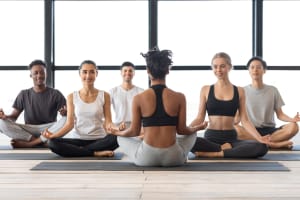
Yoga can be an aerobic activity and have elements of resistance training, which makes it a great choice for people looking for a routine that offers a range of exercises, and can improve their sleep in the process. From slow, restorative yoga to power and vinyasa, there are more than a dozen variations to choose from. In some cases, a studio will offer only one practice, but many will have different instructors whose routines will run the gamut.
But the real reason that most forms of yoga are a two-for-one in the sleep department is that many styles incorporate meditation into their practices. Research shows that meditation, through complex interactions in the brain, can improve sleep. In fact, the chemicals that the brain produces in response to regular meditation are the basis for many common anti-depressants and anti-anxiety medications. Read on to learn more about styles that incorporate resistance exercise, aerobic workouts, breathing and meditation:
- Power Yoga: Yoga Journal describes a typical Power Yoga sequence as “building internal heat, increased stamina, strength, and flexibility.” These exercises utilize body weight to strengthen the legs, arms and core. Power Yoga has elements of both aerobic and resistance exercises and is a great way to build strength in your body (and mind) and get better sleep.
- Ashtanga Yoga: Ashtanga Yoga is vigorous, dynamic, and movement-based. That’s why Yoga Journal argues that it’s definitely an aerobic workout. Whether or not it’s full a full-on cardio workout, the amount of balancing and rhythmic movements can’t be bad for your sleep.
- Kundalini Yoga: This style of is centered on increasing one’s consciousness. Yoga Journal says it typically incorporates meditation and the chanting of mantras. Incorporating this style into your routine is one way to make meditation, and improved sleep, a habit.
Yoga is a good example of how one activity can influence sleep in multiple ways. That’s because sleep is the result of a very complex system of hormones, neurotransmitters, and other biological signals. No single activity will improve sleep without a healthy lifestyle as a foundation. But regular physical exercise, of varying intensity, with all of its benefits, is a strong place to start. For more lifestyle tips, check out our eight steps to getting a better night’s sleep.
